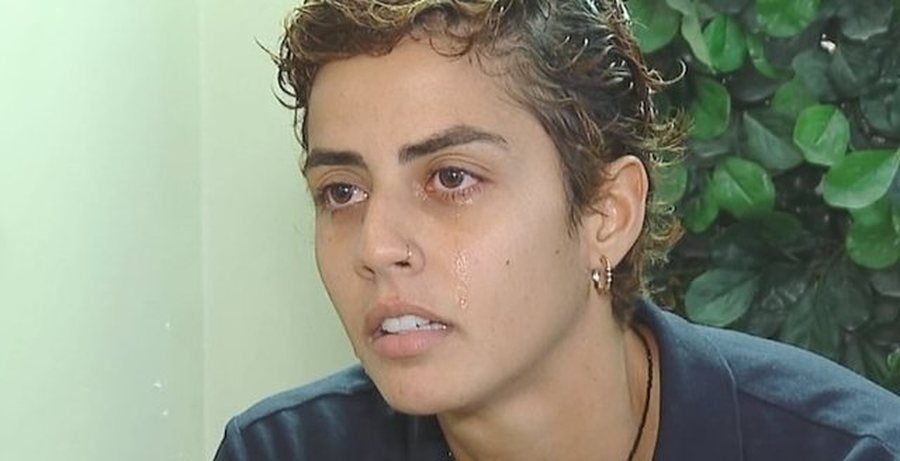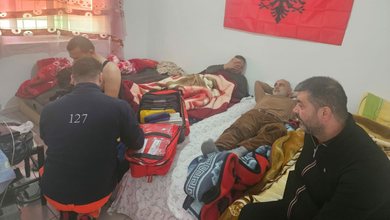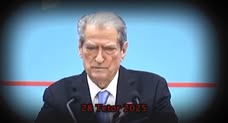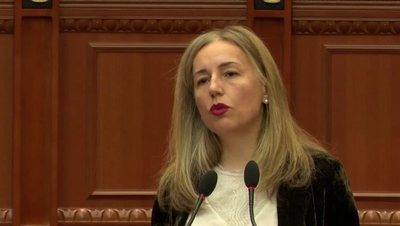
A violent childhood, a father who abused his mother, and a long road in sports that took her from Portugal, Arabia, and France to Albania. At the age of 32, Nayara Ferreira, the Brazilian volleyball player for Dinamo, was suddenly faced with an absurd request: a gender test.
Her story has turned into an open clash with the Albanian Volleyball Federation, which, according to VNA sources, acted under pressure from a rival club. According to the same sources, the initiative to test Ferreira came from the Pogradec club, Dinamo's main rival for the title, which requested not only a gender test, but also a control for banned substances.
Convinced that the athlete was using illegal substances — perhaps also due to prejudices about her private life, since she lives with a girl in Tirana — the leaders of Pogradec asked the Federation to intervene. Pogradec's coach, Besnik Lisha from Shkodra, managed to convince Vllaznia to join this initiative, turning it into an open campaign against the most prominent volleyball player in the championship.
Dinamo, caught off guard, attempted to reach a compromise with the Federation to avoid publishing the news. Not out of fear for the athlete's gender, but out of uncertainty about whether she had consumed any banned substances — a test that in volleyball is not usually performed periodically.
But Nayara Ferreira refused to submit. She demanded written explanations: on what legal basis the gender test was required, which commission had ordered it, and who had signed it. The federation had no answer. No regulations, no clear procedure, no legal justification.
However, it decided to suspend the athlete — a decision that has now paved the way for a lawsuit that is expected to expose not only the Federation's abuses, but also the way club "goons" influence sports justice in Albania.
In an attempt to justify its actions, the Volleyball Federation, led by Erlind Pëllumbi, has not yet clarified on what regulatory basis the decision for the gender test was based and how Ferreira was registered as a female player without an initial medical report.
A story that started as a "sports routine" turned into an institutional scandal, where an athlete who demanded her dignity exposed the entire system that operates with agreements in the dark.
























